The Importance of Self-Breast Checks for Breast Cancer: A Women's Health Physio Perspective
As a women’s health physiotherapist, I’m passionate about empowering women to take control of their overall health, and breast health is a vital part of this. While much of my work focuses on pelvic health, today I want to highlight an essential practice that can help women detect breast cancer early: self-breast checks.
Why Are Self-Breast Checks Important?
Breast cancer is the most common cancer among Australian women, with 1 in 7 women being diagnosed in their lifetime. Early detection remains one of the most critical factors in successfully treating breast cancer. While mammograms and clinical exams are essential, self-breast checks are a proactive step every woman can take to better understand her body and identify changes early.
1. Getting to Know Your Breasts
The primary benefit of self-breast checks is becoming familiar with the normal look and feel of your breasts. Every woman’s body is different, and breasts naturally change during the menstrual cycle, pregnancy, or as we age. By conducting regular checks, you’ll be able to recognise when something feels different—whether it's a new lump, thickening of the tissue, or changes in size or shape.
2. Early Detection
While many breast changes are not cancerous, detecting any unusual changes early can be the difference between early-stage breast cancer and more advanced cancer. If you do notice something unusual during a self-breast check, it’s important to see your GP or a specialist as soon as possible.
3. Confidence in Your Health
Taking a proactive approach to breast health empowers women to feel more in control. Regular self-checks can give you confidence that you’re actively engaged in looking after your health. It’s one small step that can have a huge impact.
How to Perform a Self-Breast Check
Performing a self-breast check is simple, and it only takes a few minutes. The best time to check your breasts is a few days after your period ends when they are least likely to be swollen or tender. For postmenopausal women, picking a specific day each month to perform the check is helpful.
Here’s a quick guide to follow:
In front of a mirror:
Look for any visible changes in the size, shape, or symmetry of your breasts.
Check for any dimpling, puckering, or skin changes.
Look at your nipples for any discharge or changes in direction.
While lying down:
Place a pillow under your right shoulder and use your left hand to feel your right breast.
Using a firm, smooth touch with the pads of your fingers, move in circular motions starting from the outside of your breast and moving towards the nipple.
Repeat the process on the left breast.
In the shower:
When your skin is wet, it’s easier to feel for any lumps or irregularities.
With your arm raised, use the opposite hand to feel your breast, covering the entire area from the collarbone to the top of your abdomen and from the armpit to the cleavage.
When to See Your GP
If you notice any of the following, it’s important to schedule a visit to your GP:
A new lump or thickening in your breast or underarm
Unexplained pain in one breast or nipple
Skin changes, such as dimpling or redness
Any nipple discharge, particularly if it’s bloody or occurs without squeezing
Remember, most breast changes aren’t cancer, but it’s always better to err on the side of caution and get any changes checked by a healthcare professional.
A Women’s Health Physio’s Role in Breast Cancer Recovery
As women’s health physios, we often support women who have undergone breast cancer treatment by helping them regain strength and mobility. Treatments like surgery, radiation, or chemotherapy can affect posture, arm movement, and overall physical health. Physiotherapy plays a significant role in helping women recover their strength, manage scar tissue, and improve their quality of life post-treatment.
Conclusion
Incorporating regular self-breast checks into your health routine is a simple yet powerful way to take control of your breast health. As a women’s health physio, I encourage you to make this a habit. Early detection saves lives, and your health is always worth the time.
Take care of your body, and if you notice any changes, don’t hesitate to reach out to a healthcare professional. Your health is in your hands—literally!
Best Wishes.
Written by Alison Jeffrey
Women's Health Physiotherapist
To see our Physiotherapists or book in for a Pilates consult, book an appointment with us online today or call our team on 07 55 04 7000.

